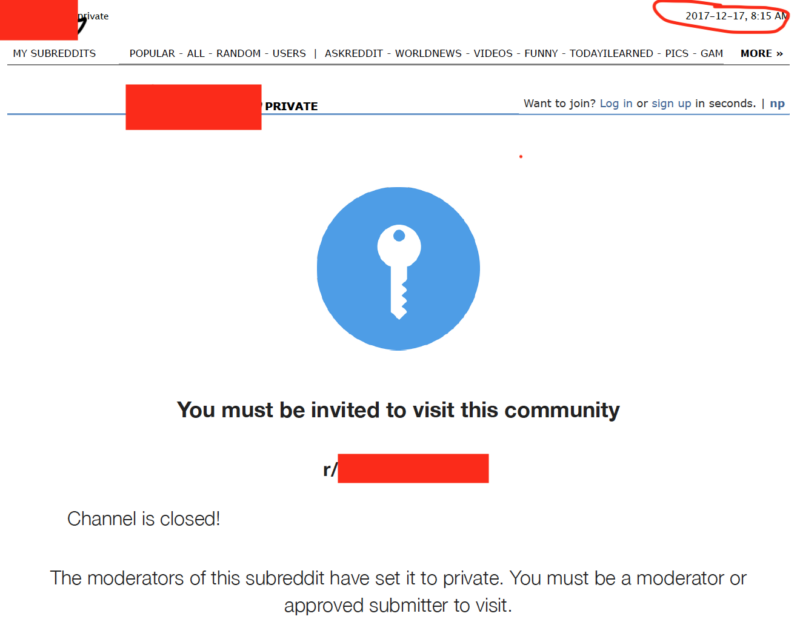This thought in Audrey’s newsletter (update: link added March 30th) caught my attention, and encouraged me to share a related story.
[Rose Eveleth] notes how hard it can be to tell a history when you try to trace a story to its primary sources and you simply cannot find the origin, the source. (I have been thinking a lot about this in light of last week’s Udacity news. So much of “the digital” has already been scrubbed from the web. The Wired story where Sebastian Thrun claimed that his startup would be one of ten universities left in the world? It’s gone. Many of the interviews he did where he said other ridiculous things about ed-tech – gone. What does this mean for those who will try to write future histories of ed-tech? Or, no doubt, of tech in general?) Erasure.
Remember how blockchain was going to revolutionize education? Ok, let’s get into the weeds of a related idea and how most everything that happened around it has also disappeared from the web.
One way through which blockchain was going to revolutionize education was through the development of education apps and software running on the blockchain. Around 2017, Initial Coin Offerings (ICOs) were the means through which to raise money to build those apps. An ICO was the cryptocurrency equivalent of an initial public offering. A company would offer people a new cryptocurrency token in exchange for funds to launch the company. The token would then provide some utility for ICO holders relating to the app/software (e.g., you could exchange it for courses, or for study sessions, or hold on to it hoping that its value would increase and resell, etc). The basic idea idea here was crowdfunding, and a paper published in the Harvard International Law Journal estimates that contributions to ICO’s exceeded $50bn by 2019. The Wikipedia ICO page includes more background.
A number of these ICOs focused on education. Companies/individuals/friends* would create a website and produce a whitepaper describing their product. Whitepapers varied, but they typically described the problem to be solved, the blockchain-grounded edtech solution they offered, use cases, the team behind the project, a roadmap, and the token sale/model.
To give you a sense of the edtech claims included in one of those whitepapers:
“The vision is the groundbreaking disruption of the old education industry and all of its branches. The following points are initial use cases which [coin] can provide … Users pay with [coins] on every major e-learning platform for courses and other content they have passed or consumed… Institutions can get rid of their old and heavy documented certification process by having it all digitalized, organized, governed and issued by the [coin] technology.”
I was entertaining an ethnographic project at the time, and collected a few whitepapers. For a qualitative researcher, those whitepapers were a treasure trove of information. But, looking online, they’re largely scrubbed, gone, erased. In some cases, ICO’s founders’ LinkedIn profiles were scrubbed and online communities surrounding the projects disappeared, even as early as ICOs didn’t raise the millions they were hoping for.

Some of you following this space might remember Woolf, the “world’s first blockchain university” launched by Oxford academics. And you might also remember that, like other edtech projects, it “pivoted.” See Martin Weller’s writing and David Gerard’s writing on this. Like so many others, the whitepaper describing the vision, the impending disruption of higher ed through a particular form of edtech, is gone. David kept a copy of that whitepaper, and I have copies of a couple of whitepapers from other ventures. But, by and large, that evidence is gone. I get it. Scammers scam, honest companies pivot, the two aren’t the same, and reputation management is a thing. But, I hope that this short post serves as a small reminder to someone in the future that grandiose claims around educational technology aren’t new. And perhaps, just perhaps, at a time of grandiose claims around AI in education, there are some lessons here.




 Athabasca University Press has just published
Athabasca University Press has just published